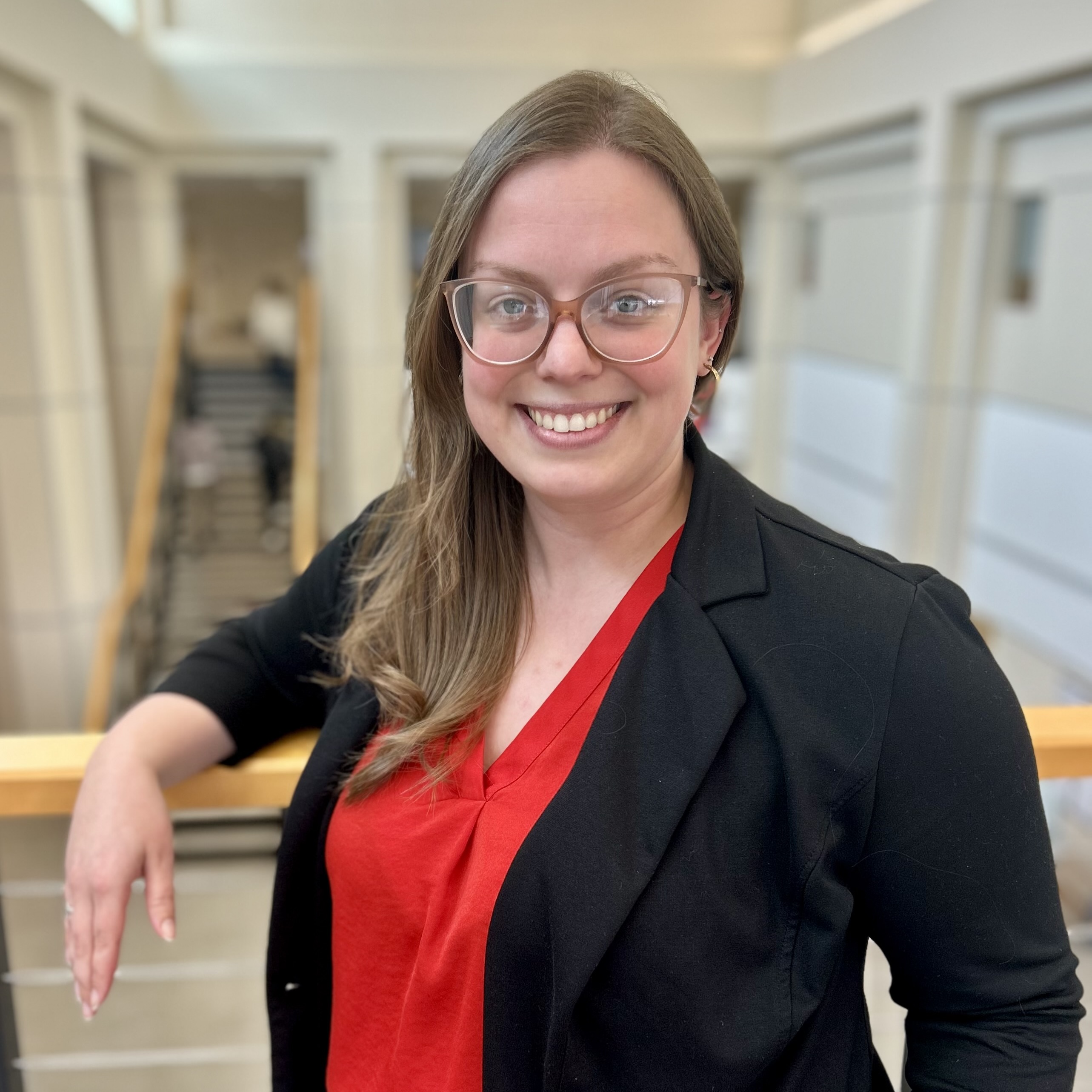Bachelor of Arts in Communication
Translate research to practice for remarkable communication that can change the world.
Communication is the foundation that helps us form meaningful connections, build community,
and inspire others to engage with the world in new and exciting ways. It is through
authentic human connections and effective communication that large-scale societal
change is possible. In the Bachelor of Arts in Communication you will learn the science
behind how people communicate, and think critically about how communication shapes
and reinforces identities, cultures, and worldviews. You will blend social science
theory and research with practice, to design effective communication that unites people
rather than tears them apart. As engaged leaders, collaborators, and problem solvers
who are proficient in overcoming communication challenges, students become capable
of working across disciplines and industries to solve complex societal issues.
Learn More About the Program
Explore Coursework
Engaging courses and a wide variety of elective offerings to fit your interests.
Review our course offerings to understand why communication makes an ideal second major or minor, and find a plan of study that works best for you.
Meet the Faculty
Our faculty are leading experts in the field of communication.
Sample research areas include climate change, message processing, health equity, advocacy, leadership, technology, media, and AI.
Discover the Alda Center
A trusted global leader in science communication for 15 years.
Experience the Alda Method® integrated throughout your coursework, an exclusive opportunity to engage with the Alda Center for Communicating Science.
become an engaged leader, collaborator, problem solver
The Bachelor of Arts in Communication will prepare you to:
- Understand the role of communication in the formation of individual and cultural identities and how those identities influence communication.
- Demonstrate interpersonal competency in teamwork and collaboration.
- Deliver audience-centered presentations adapted for the social and cultural context in which they are delivered.
- Conduct theoretically grounded research and scholarship in the field of communication.
- Synthesize communication theories, perspectives, principles, and concepts.
- Create high-quality, professional communication projects grounded in critical thinking skills and research competencies.
Program Director
Irene Virag

Program Requirements and Coursework
An ideal double major or minor to complement STEM and health sciences majors.
Communication is an ideal double major or minor option for students in STEM and health sciences majors looking to master communication competencies to advance their scientific training and expertise. The Department of Communication is closely partnered with the Alan Alda Center for Communicating Science, a trusted global leader in science communication for over 15 years. Communication majors and minors have direct access to coursework that integrates the Alda Method®, the Alda Center's signature communication training approach that delivers authentic, human connections.
The major is especially designed to help students complete a variety of Stony Brook Curriculum (SBC) general education requirements within the major to increase efficiency in degree completion. Students interested in a communication minor will gain fundamental communication skills that will set them apart from other graduates on the job market. The Communication and Innovation minor prepares students with specialized competencies focused on professional, workplace communication, including interpersonal communication, teamwork and collaboration, creativity, entrepreneurship, ethics, and leadership. It is jointly offered with the College of Business.
Advising Information for Current Students
The Department of Communication works closely with Stony Brook's Academic Transfer and Advising Services (ATAS) to ensure a seamless advising experience from admission to graduation. In addition to our undergraduate program director, we also have a designated ATAS advisor that works directly with our majors and minors.
General information
Major and minor coursework require a grade of C or higher to count toward the major.
Required, elective, and concentration courses counting toward the major, minor, or SBCs are not eligible for G/P/NC.
meet with an advisor

Meghan Sweeney, M.S. Ed
Lead Academic Advisor
Plan your academic career and select courses for the upcoming semester.
Consider changes to your major, minor, or concentration.
Drop using the G/P/NC option or withdraw from courses.
Seek assistance when facing major academic, personal, family, or medical issues, including Academic Judiciary proceedings.
transfer students
Only courses that have been reviewed and approved by the university can be evaluated for credit in your major or minor.
To find out if your courses qualify, or to submit your course for evaluation, please visit the Academic Transfer and Advising Services (ATAS) Transfer Credit Information page.
Advising Questions
Please submit your advising and/or registration inquiry below before scheduling an appointment. Please note that not all inquiries require an advising appointment and may be handled via email. An advising team member will follow up with you about next steps.
Complete the Advising Inquiry Form
Advising Appointments
Should you require an in-person or virtual advising appointment, sessions with flexible meeting days and times are available through Navigate. Drop-in sessions are also available during the fall and spring semesters at the School of Communication and Journalism Student Services Center located on the fourth floor of the Melville Library, Suite N4016. Drop in hours vary by semester.
Additional Resources
